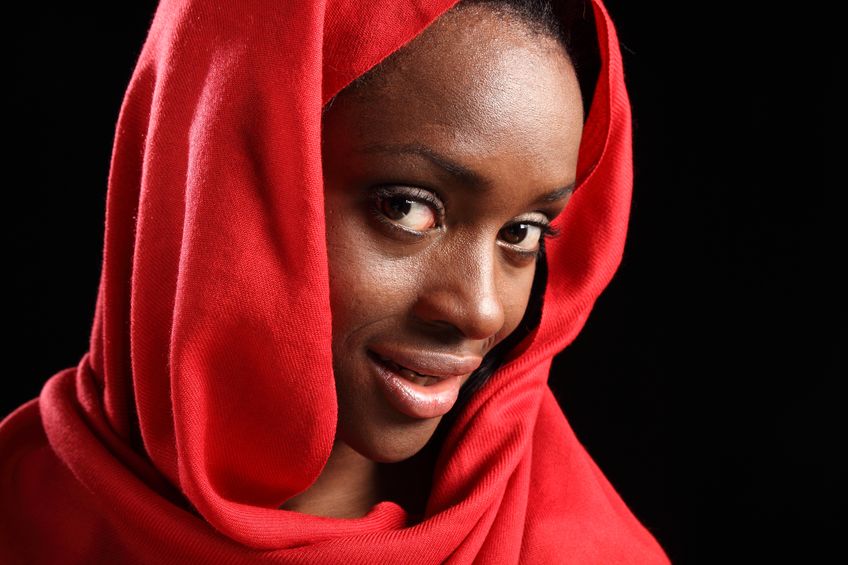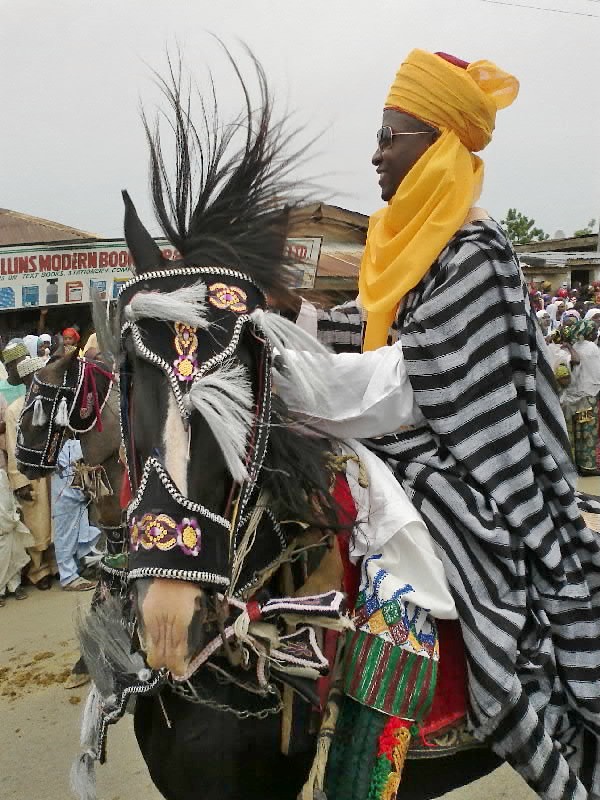For many of the world’s 1.6 billion Muslims, the holy month of Ramadan has begun, and with it a 30-day period of fasting, from sun up to sunset. Knowledge breeds understanding and dialogue can help to quell misconceptions about unfamiliar practices within Islam. Khadija Sanusi, shares 10 things about Ramadan that you may not know or were too shy to ask.

- Why do we fast?
Prophet Muhammad (may peace and blessings of Allah be upon him) was reported to have said that Allah said, “every good deed performed by son of Adam is a credit for him but fasting is exclusively Mine and I give reward for it.” We believe fasting is a shield against sins. Therefore, when we are fasting, during Ramadan, we cannot indulge in obscene language nor raise our voice.
We also believe that “he who fasts has two occasions of joy. One is when he breaks the fast, and the second is when he meets his Lord.”
- Timeframe: What’s up with the moon and the sun?
Sun: The sun basically dictates when we can and cannot eat. We fast from sunrise to sunset. So if you’re in Johannesburg this Ramadan, you’ll be fasting for just about 12 hours, while Londoners will fast for approximately 20 hours. It has to do with the distance (or the lack thereof) between said country and the equator.
Moon: The Islamic emblem is made up of a crescent moon and a star. This is a sign that is often seen in mosques and in other religious settings. Apparently the story of how it became an Islamic emblem can be traced back to the Ottoman Empire. Anyways, before the commencement of each year’s Ramadan, Muslims go moon sighting. The moon is in the shape of a very faint (barely visible) crescent the night before Ramadan month begins.
- Am I still a Muslim if I don’t fast?
Ramadan is a pillar of Islam. This means it is obligatory for every single Muslim to fast 30 days a year, right? Nope. There are a few exceptions: 1) Old people. It’s no secret that old people need their strengths and for that, they need to eat.; 2) Just like old people, sick people need their strengths too. If it’s a cough or something that can wait till sunset to be treated, then fine, but if you have a migraine or malaria or something similar (or more) chronic like an ulcer, you should probably eat and break your fast. Oh yeah, if you get treated by drip, your fast is automatically broken (because nutrients/water is entering your body); 3) Travellers don’t have to fast. If you’re taking a flight from London to Paris (about 30 minutes), you can choose to fast since it’s not as hectic as walking. Basically, if you feel like it won’t be stressful, you can. But if you’ll be bothered by other passengers being served, you should probably take the day off; 4) Girls who are on their periods. In case you didn’t know, Muslims girls can neither pray nor touch a complete Qur’an when they are on their periods (but that’s a story for another day). But since she’s excused from praying, she’s excused from fasting (because, really, you can’t fast without praying). She has to repay the fasts (the exact number of days she missed) anytime after the year’s Ramadan month is over but before the start of next year’s.
- What is a typical day like?
As you are not allowed to eat while the sun is up, Muslims wake up just before dawn to have their first meal of the day, this is meant to sustain us until sunset, when we break our fast. It’s a good idea to also drink lots of water at this time.
After performing the morning prayer, many of us go back to sleep.
Just because we are fasting doesn’t mean we should not carry out our normal activities, like going to work and school.
Once the sun sets, and we get confirmation that we can break our fast (many Muslims use an app for this) we break our fast with fruits or a light meal, and then have our evening prayer. Some go to the Mosque for this evening prayer. A more filling meal is then eaten, often a lively event with the rest of the family or friends.
Finally, it’s off to bed for a few hours’ sleep before the cycle starts all over again.
- Abstinence:
Ramadan is a month of abstinence (obviously – no eating, no drinking). But it also encourages other forms of abstinence. It is a month during which Muslims are encouraged to be the best Muslims (and people they can be). They should refrain from sinning – from (relatively small sins like) stealing to the sin Allah (God) hates the most, hypocrisy. During the fasting period (sunrise to sunset), a wedded couple must also abstain from sex.

- How can I be thoughtful to my Muslim friends during Ramadan?
Part of the task is for Muslims to go about their normal day, but there are a few things that you can do, and perhaps not do, to make it a little easier for your fasting colleagues. Try not to eat your flavoursome lunch at your desk if it is near your colleague, but rather in the canteen? Your normal generous nature would offer some of your lunch to your colleague, but try to avoid this.
If you are planning a dinner party and inviting Muslim friends, try to schedule it after sundown, and remember that they cannot eat pork.
If you’re wondering how to acknowledge the Ramadan to your Muslim colleagues, you can simply say; “Ramadan Kareem” (which means “have a generous Ramadan”) or “Ramadan Mubarak” (which means “have a blessed Ramadan”).
Rewards: the reward for good deeds in the month of Ramadan is more than the usual reward for the same deed. For examples –
- Zakat (giving alms):
Using the analogy of studying for exams. There are different types of students: some start preparing for exams from the beginning of the semester, others start late, and the rest set a system by which they abide (go to the library every fortnight, perhaps. Or twice a month). But at the end, libraries are always crammed during exam periods because we all want to pass. This is exactly like Zakat for Muslims. Imagine the end of semester/finals week to be the month of Ramadan. Sure, some give to the poor during the year (whenever they feel like), but at the end of the day, your performance during Ramadan (especially the last 10 days) is the thing that matters the most.
- Reading the Qur’an:
Reading the Qur’an has a lot of benefits to a Muslim, memorizing it as well. And what’s fascinating about reading the Qur’an during Ramadan is that several mosques have the intention of reciting the entire book – which is made up of 114 Surahs (chapters) – in just one month, during Taraweeh prayers.
- Taraweeh Prayers:
These are additional night prayers. They are encouraged throughout the year, but are most popular during Ramadan. They consist of 20 Raka’ats and attract immense rewards.
- Eid al-Fitr:
Also known as the festival of breaking of the fast”, this is an important celebration for Muslims. It’s a time to put on your best garments and get together with family and friends to feast. Much like Christians Christmas, gifts and cards are exchanged. Personally, I believe everyone should experience at least one Eid in northern Nigeria (Yes, I am being a bit partial here J ). There, you will find whole-hearted festivities with each state presenting their kings and culture in a beautiful way. Each culture has its own way of celebrating Eid, but at the end of the day, it’s a time of merriment and goodwill. If you are ever invited along to an Eid celebration, don’t hesitate.














2 comments